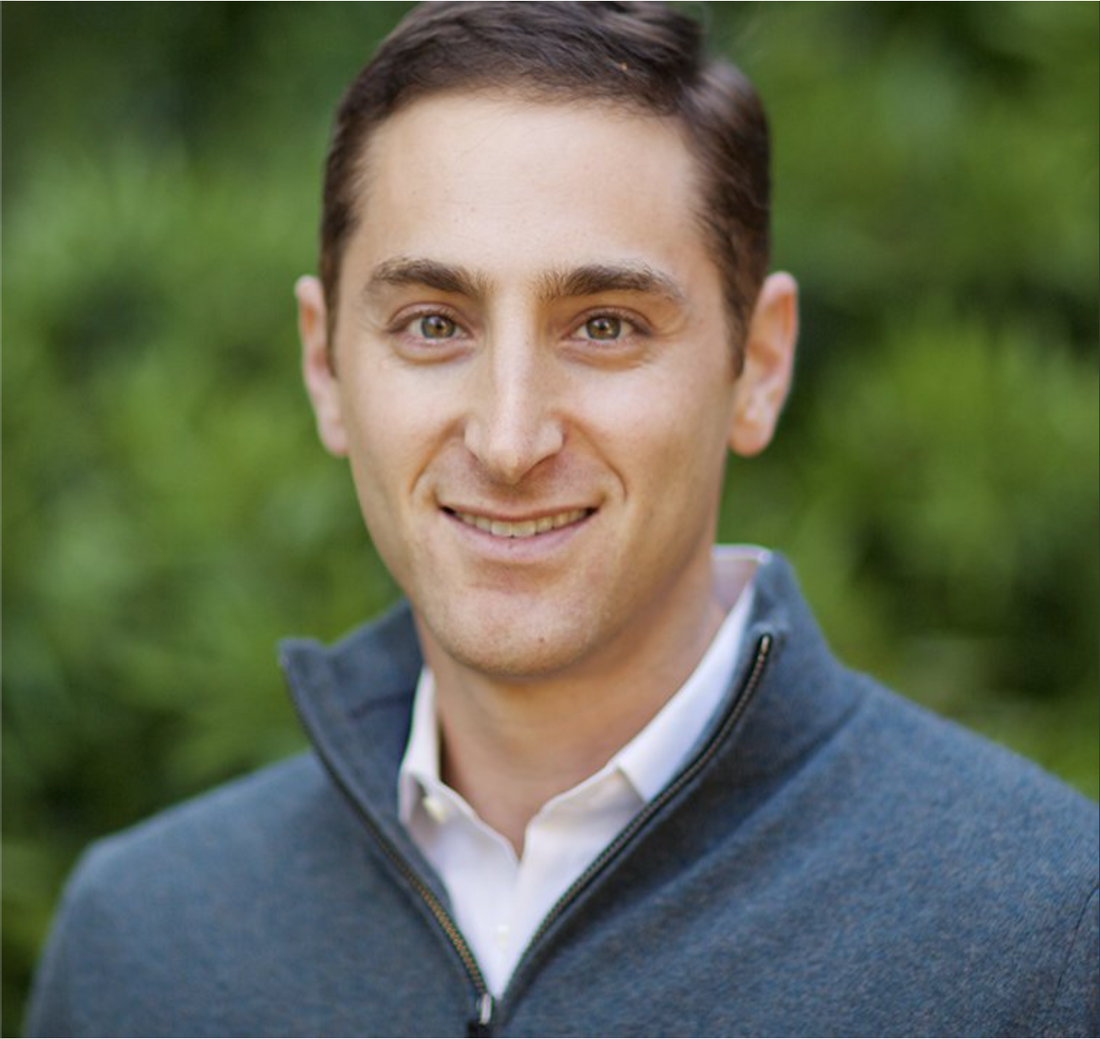
From Great Reset To Great Awakening w/ Mark Gober | AMP #397
What is the Great Reset really all about?
In today’s podcast with prolific author and Princeton scholar Mark Gober, we dive deeply into the Great Reset–the topic of his latest book. As a guide to the conversation, we work our way into the 6 categories of the great reset and posit our own version of its antithesis, the great awakening.
Mark’s vision for the restructuring of society is built on the foundational tenets of both the non-aggression principle and the concept of voluntarism. This stimulating conversation also steers into spiritual concepts, covering the well documented life review phenomena common in near death experiences, spiritual beings, the field of belief, and much more.
Check out his latest book- An End to the Upside Down Reset.
Connect with Mark Gober
Website | www.MarkGober.com
Twitter | https://twitter.com/MarkGoberAuthor
Instagram | https://www.instagram.com/markgober_author/
Facebook | https://www.facebook.com/markgoberauthor/
Spotify Podcast | http://bit.ly/3ZM41uY